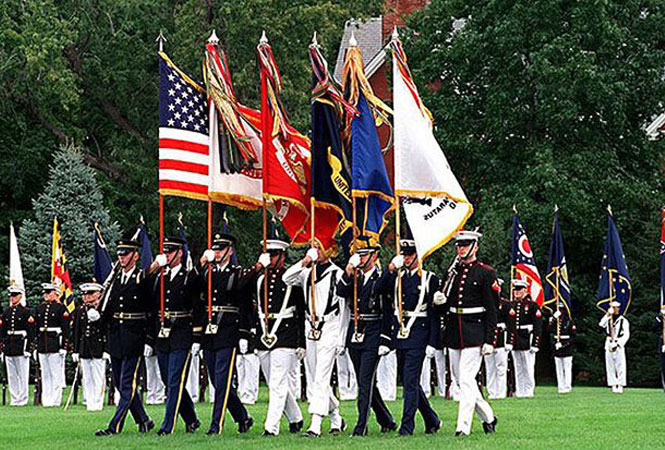Taxes
New Law Launches Military Spouse Credit for Employers
Now new legislation enacted at the end of last year, called SECURE 2.0, provides a tax benefit to qualified small businesses aiding military families.
May. 07, 2023

The tax law provides certain benefits to members of the military. For example, the Tax Cuts and Jobs Act (TCJA) suspended job-related moving expense deductions for taxpayers from 2018 through 2025, but not for military personnel on active duty. Now new legislation enacted at the end of last year, called SECURE 2.0, provides a tax benefit to qualified small businesses aiding military families.
Under the new law, an employer may claim a total tax credit of up to $500 when military spouses participate in a defined contribution plan like a 401(k) plan, 403(b) plan, Simplified Employee Pension (Sep) or Savings Incentive Match Plan for Employees (SIMPLE).
How does it work? An eligible employer may pocket a $200 credit for each military spouse that participates in the plan. In addition, another credit of up to $300 applies to employer contributions (but not elective deferrals) made to each military spouse. The credit is available for the tax year in which the military spouse starts participating in the plan and for the next two years.

Thanks for reading CPA Practice Advisor!
Subscribe for free to get personalized daily content, newsletters, continuing education, podcasts, whitepapers and more...
Already registered? Login
Need more information? Read the FAQ's
To qualify for this tax break, the employer must have had 100 or fewer employees who received at least $5,000 of compensation from the company in the prior year. As mentioned above, the credit only applies to an employer that has a defined contribution plan. It isn’t available for employers with just a defined benefit plan like a traditional pension plan.
Because military families may move often throughout a service member’s career, a military spouse may have to wait to become eligible to participate in a plan at each stop. This can deter retirement savings for military families. To provide assistance, employers may utilize the new credit.
Who qualifies as a military spouse? The new law sets the following requirements.
- An eligible employee must be married to a member of the uniformed services who is serving on active duty.
- The employer may rely on the employee’s certification that the spouse is a service member. This should include the spouse’s name, rank and service branch.
- Individuals that are “highly compensated employees” (HCEs) aren’t allowed to be eligible military spouses. Under inflation indexing, an HCE is any employee who earns more than $150,000 in 2023 as well as 5%-or-more business owners.
Certain other rules may come into play. For instance, the military spouse must be eligible to participate in the plan within two months after their start date with the employer. Once they are eligible, they are immediately eligible to receive at least the same amount of employer contributions that a participant in a similar situation who is not a military spouse would be eligible to receive after two years of service. Finally, all employer contributions to military spouses are 100% vested.
If you have any questions relating to this new credit provided by SECURE 2,0, contact your professional tax advisors.